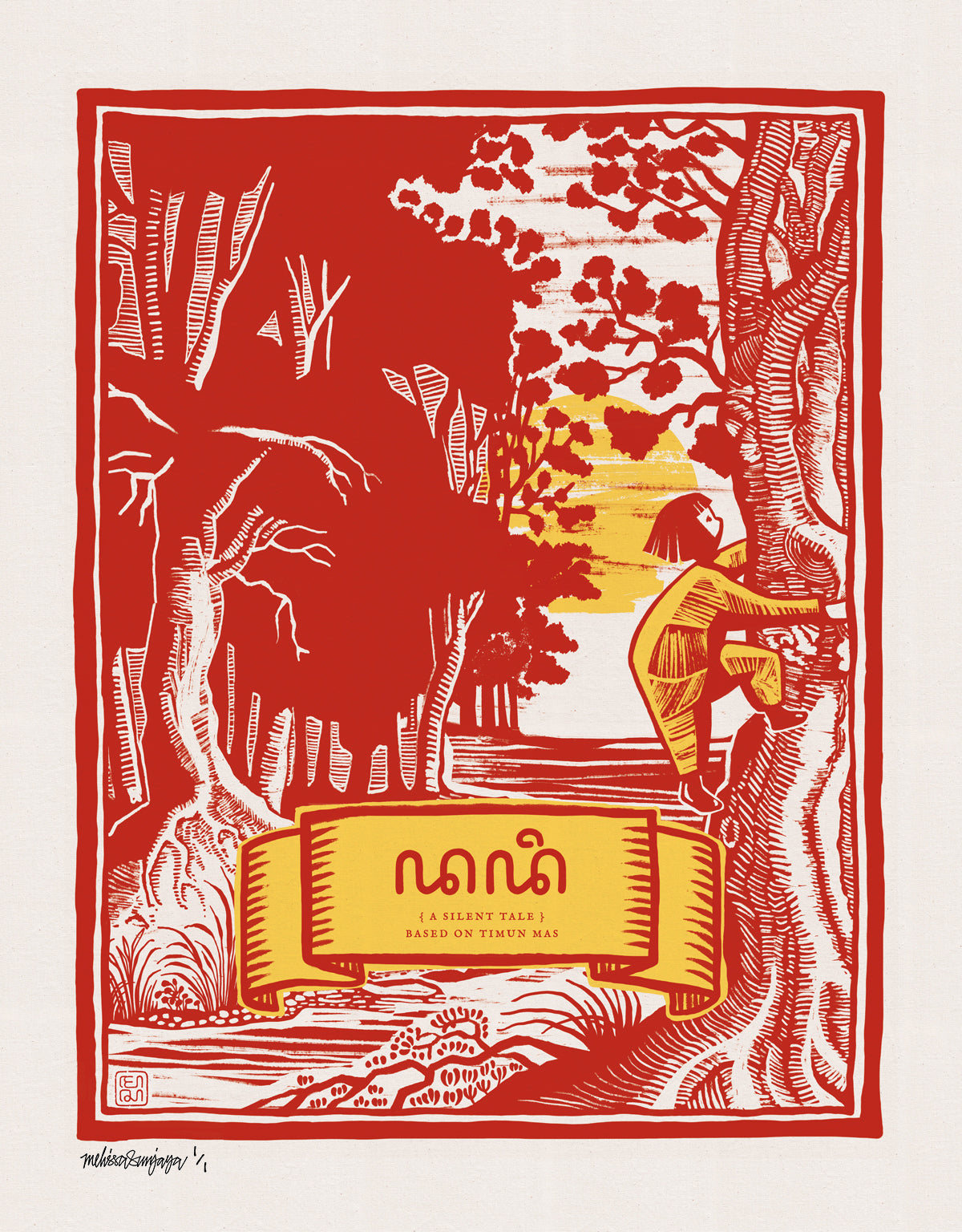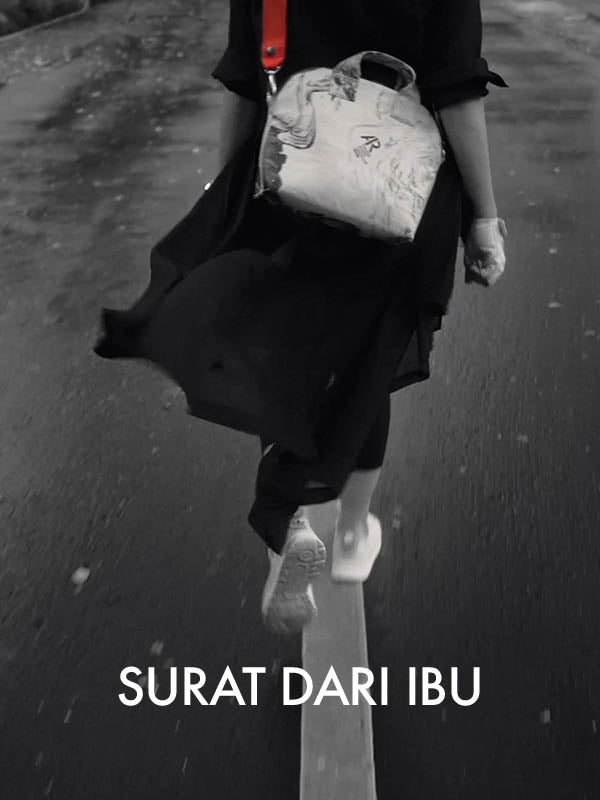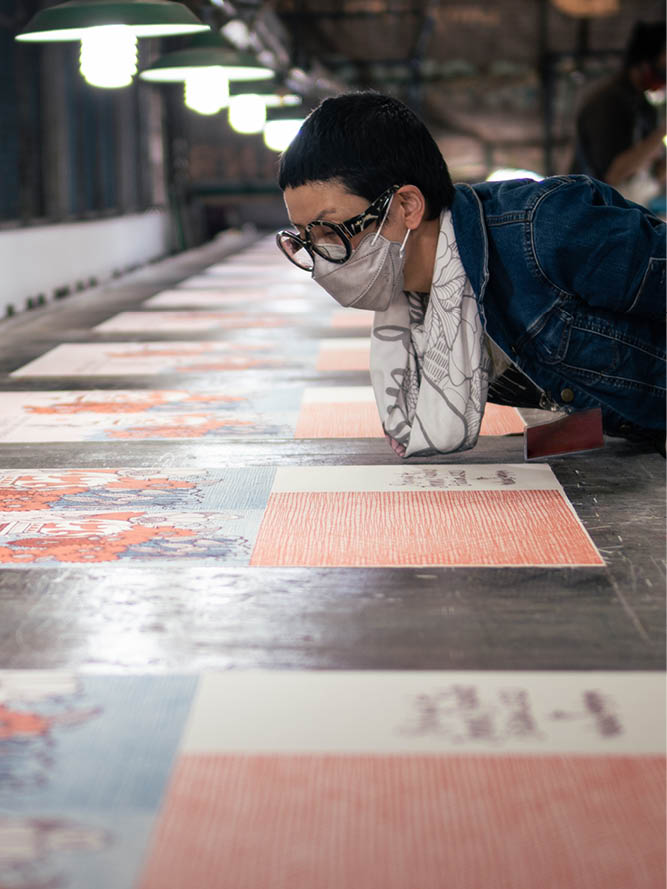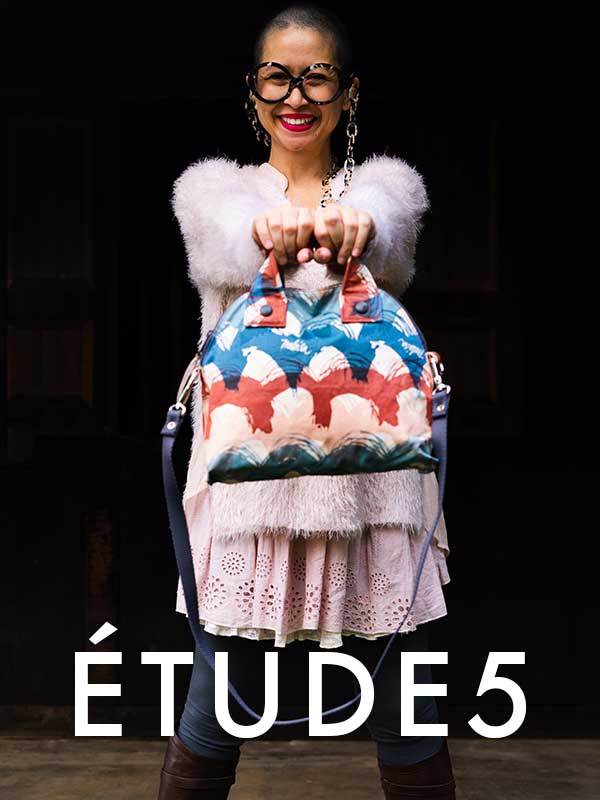 Breakfast on Tuesday. 8:14 a.m. Warm toast. Salted butter. Milk forming lazy swirls atop the dark coffee in my cup. The butter takes precisely 1 minute 47 seconds to dissolve into a salty puddle (which is just the way I like it).
Breakfast on Tuesday. 8:14 a.m. Warm toast. Salted butter. Milk forming lazy swirls atop the dark coffee in my cup. The butter takes precisely 1 minute 47 seconds to dissolve into a salty puddle (which is just the way I like it).
These are the little things that you begin to take notice of after reading Georges Perec’s Species of Spaces and Other Pieces. This book is a collection of the author’s essays and articles translated from his native French into English. Even in its translated state each passage retains the author’s signature word play and his passion for the artifacts and instances that form and inform the everyday experience.
It is perhaps no surprise that a man who held a full-time job as an archivist in a science laboratory for all but a few years of his adult life would be infatuated with observing and classifying what he encounters. What is surprising is that this same man was a key member of the OUvroir de LItterature POtentielle (commonly referred to as OuLiPo). This collective of writers and mathematicians focused on word games and the use of formal constraints in literature, a practice that Perec wrote about with a deft gift for examining the mundane (or infra-ordinary as he would say) and extracting meaning from its seemingly drab façade.
Perec’s writing grapples mainly with examining, questioning, and occasionally solving life’s micro mysteries. He writes:
“To question the habitual. But that’s just it, we’re habituated to it. We don’t question it, it doesn’t question us, it doesn’t seem to pose a problem, we live it without thinking, as if it carried within it neither questions nor answers, as if it weren’t the bearer of any information. This is no longer even conditioning, it’s anesthesia. We sleep through our lives in a dreamless sleep.”
To avoid this dreamless sleep, Perec urges his readers to fully and thoughtfully examine their everyday habits and surroundings. By perpetually observing, questioning, comparing, and analyzing what we take for granted, we learn about ourselves as individuals as well as a society. To help the process along throughout the text he offers up several simple exercises. With each assignment the author advocates you to “force yourself to see more flatly” for in doing so you are able to detect and deduce more information. Where the eyes and mind are more attracted to the grandiose, out-of-the-ordinary, salacious, attractive and/or unusual, this is not where essential information is established or where fundamental questions are initiated.
It’s a refreshing perspective that transforms the backdrop to our lives into the stage on which we dwell. It’s no wonder that Kerri Smith, author of the wildly popular interactive journals, Mess, Wreck this Journal, and Tear Up This Book (among others) has listed Perec’s Species of Spaces and Other Pieces as one of her all time favorite books. It’s at once avant-garde and very down to earth. Georges Perec manages to pair the cogent sensibilities of an adult with the precious imagination of a child, all the while encouraging his readers to do the same.
So, in the spirit of the book I have an assignment for you. Don’t worry, you won’t be graded! I ask that you take a perfectly timed ten minutes to sit somewhere in public (on the steps outside your apartment, in a coffee shop, on a bench in a mall) and document every single sound you hear. For extra credit you can classify the noises you hear into arbitrary categories of your own design. Most importantly after paying full attention to what would otherwise go unnoticed, what did you come away with?
~Melany Zwartjes
**Up next from our bookshelf: Born Under a Lucky Moon: A Novel by Dana Precious. Let’s delve into this engaging and quirky story of family, love, scandal, and new beginnings!























